Khojaly massacre: Azerbaijan's fight for justice continues
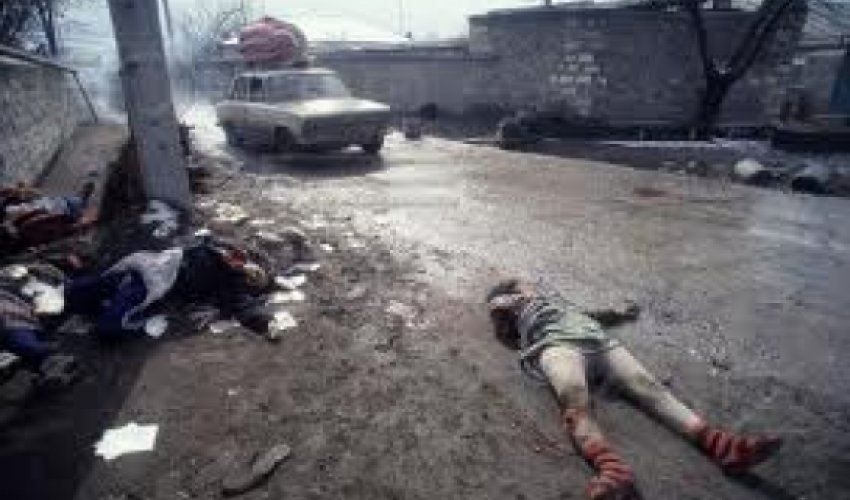
By Nasimi Agayev, Consul General of Azerbaijan in Los Angeles
Twenty-two years ago, I, like the rest of Azerbaijan, watched in horror as our TV screens showed the aftermath of a brutal killing: dead children, women and elderly people, mutilated bodies, frozen corpses scattered across the ground. This shocking footage was taken at the site of the Khojaly massacre – the worst war crime in the Nagorno-Karabakh war between Azerbaijan and Armenia, and one of the worst in modern European history. At least 613 Azerbaijani civilians, including over 200 women and children, were ruthlessly killed.
The massacre took place on Feb. 26, 1992 when Azerbaijani civilians, attempting to evacuate the town of Khojaly after coming under attack, were gunned down by Armenian troops as they fled towards the safety of Azerbaijani lines. This brutal attack was not simply an accident of battle. It was part of Armenia's deliberate policy of terror: killing civilians would intimidate others into fleeing the region, allowing Armenia's army to occupy Nagorno-Karabakh and other regions of Azerbaijan. This was ethnic cleansing, pure and simple.
Such a calculated policy of terror was confirmed by the men in charge of it. Serj Sargsyan, then one of the most senior Armenian military commanders and now the country's president, told the British journalist Tom de Waal in 2000 that "Before Khojaly, the Azerbaijanis thought that they were joking with us, they thought that the Armenians were people who could not raise their hand against the civilian population. We needed to put a stop to all that. And that's what happened." The international human-rights group Human Rights Watch attested to the scale of Khojaly, calling it the "largest massacre in the conflict", and placed full responsibility on Armenian forces.
Ever since, Azerbaijan has striven for the Khojaly massacre to be recognized by the international community. Mrs Leyla Aliyeva has led the Justice for Khojaly campaign since 2009 to campaign for awareness of the tragedy around the world. And the world has responded: countries from Mexico to Pakistan and from Peru to Bosnia-Herzegovina, as well as over a dozen US states, including Georgia, Texas, New Jersey, New Mexico, New York, West Virginia, and others - have all recognized the Khojaly massacre and remembered its victims.
Despite the sympathies of the world, Armenia's illegal occupation of Nagorno-Karabakh and surrounding regions – 20% of Azerbaijan's internationally recognized territory – continues today. Two decades after the war and Armenia's campaign of ethnic cleansing concluded, leaving a million Azerbaijanis as refugees, Armenia refuses to withdraw its forces, in violation of several UN Security Council resolutions and in defiance of the international community.
This illegal occupation has not brought any benefits to Armenia – on the contrary, it has only weakened her. Today the country is in dire straits. Its economy is quickly failing, it is internationally isolated, and its population is dwindling as its desperate citizens flee the country to look for a better life: a recent Gallup poll found that 40% of Armenians want to permanently leave, and a 100,000 do so every year.
By contrast, Azerbaijan is going from strength to strength: the economy is booming, citizens are proud of the country's rapid development, and Azerbaijan has emerged onto the world stage as an influential and respected regional power. It is a vital strategic partner for the US, cooperating in the fight against terrorism, offering a key transport corridor in support of American and other NATO troops in Afghanistan, and providing a much-needed independent supply of oil and – soon enough – gas for America's European allies.
So Azerbaijan is firmly looking towards the future. But neither the government nor Azerbaijan's citizens can forget the tragedy of the Khojaly massacre, or the other atrocities inflicted during Armenia's campaign of aggression. The perpetrators of Khojaly not only remain at large: many of them hold office and are feted as 'war heroes' in Armenia. And justice for the victims of the massacre is still to be secured. Azerbaijan will continue its long struggle to remember the innocent victims of Khojaly, and to highlight this tragedy in the eyes of the world.
ANN.Az
Latest news 
More news 
























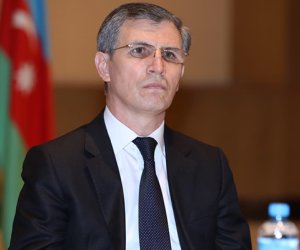
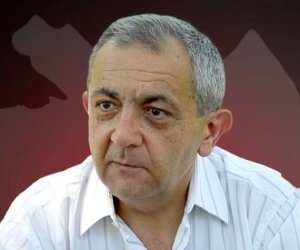
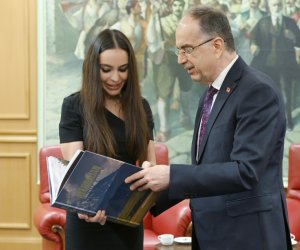
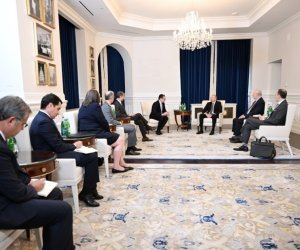
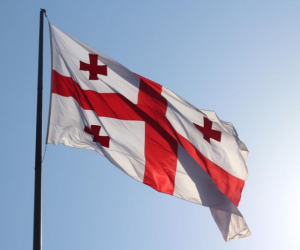
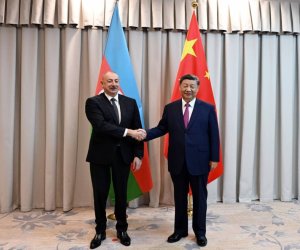
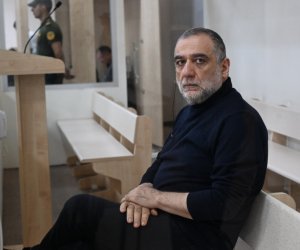
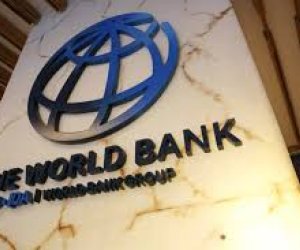
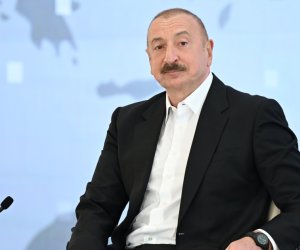


 Photo
Photo 



 Video
Video 

